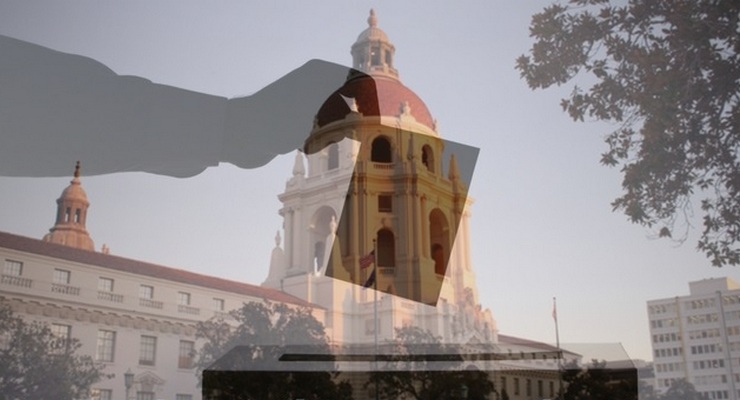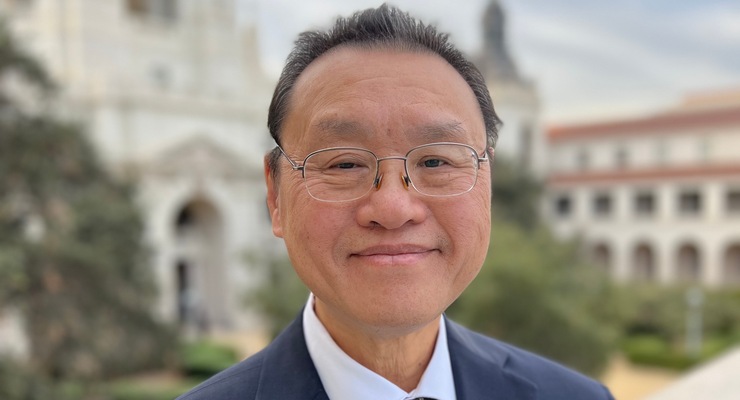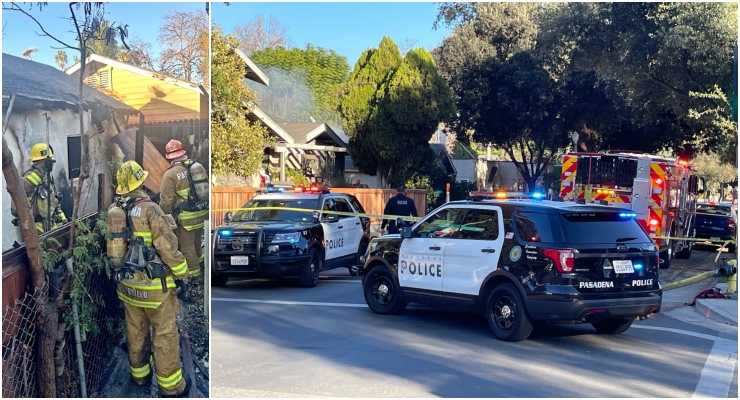
[Updated] The Pasadena Sister Cities Committee announced that Pasadena Mayor Terry Tornek will lead a delegation to Dakar-Plateau, Senegal, Pasadena’s African sister city, from March 10-19.
“Next month, the trip to Dakar-Plateau will serve to complete the official bilateral commitment,” said Boualem Bousseloub, chair of the Pasadena Sister Cities Committee’s Senegal Subcommittee.
“The Pasadena delegation will tour Dakar for educational and cultural purposes. During the trip, we hope to fortify our commitment to a meaningful and fruitful exchange of ideas for the exploration of Senegal’s place in the history of the African diaspora, the establishment of youth programs including student exchange and STEM events. An appreciation of the arts, literature and music of the two sister cities will also be highlighted.”
The trip will include meetings with officials and ceremonial activities, as well as a tour of the city of Dakar and visits to its open-air markets, museums, cathedrals and mosques. Dakar is 96 percent Muslim, though tolerant of other religions. Easter and Christmas are government holidays, for instance, and Muslim residents often have Christmas trees in their homes.
Officials at the U.S. Embassy also informed the Pasadena delegation that while Senegal is a conservative society, it is making positive progress on LGBTQ rights and there have been no recent active persecutions against LGBTQ people.
The delegation will also visit Gorée Island and its “Door of No Return,” a UNESCO World Heritage site that served as the infamous gateway of slavery to the Western Hemisphere, as well as Legu Village, St. Louis and Retba Pink Lake.
In June a delegation of Dakar-Plateau officials came to Pasadena, led by the city’s mayor Alioune Ndoye.
The Pasadena City Council approved Dakar-Plateau as Pasadena’s sixth sister city – and the first one in Africa – in August 2018, following an exploratory delegation to Senegal led by Bousseloub and Pasadena City Councilmember John Kennedy in March 2018.
Dakar-Plateau has a population of nearly 37,000 and is one of 19 districts of Senegal’s capital of greater Dakar, serving as its political, financial and commercial center. Dakar is the westernmost city on Africa’s mainland, with a population of 1 million.
Senegal is not without its political turmoil, however.
Bousseloub envisions extensive exchange opportunities between the two cities, including police officers, doctors, students, faculty and administrators of schools and universities, scientists, artists, musicians, business executives and athletes. Ultimately, he would like to see the creation of an annual Pan-African Market and Arts Festival at the Rose Bowl, and invite all of the African consulates in L.A. to participate.
The idea of partnering cities grew out of the Twin Town concept in Europe in 1946 following World War II. Ludwigshafen, Germany was selected in 1948 by the Pasadena branch of the American Friends Service Committee. America’s involvement came in 1956 following President Dwight Eisenhower’s White House conference on citizen diplomacy, out of which grew Sister Cities International. Pasadena formally established its Sister Cities chapter in 1960.
“The Pasadena Sister Cities Committee worked long and hard to find an appropriate African sister city,” Tornek said. “The wonderful visit of the delegation from Dakar-Plateau confirmed that they made a great selection. Now it is our turn to continue the process and strengthen the relationship by traveling to Dakar-Plateau. Having visited all five of our other sister cities, I look forward to continuing this process next month and hope others will join our delegation.”
In June, the Senegalese delegation met with Pasadena officials and visited the Rose Bowl, Caltech, the Tournament House, schools, museums and other Pasadena landmarks.
“I’m pleasantly surprised to discover a city that is human in its dimension,” Ndoye said between back-to-back Gold Cup soccer games at the Rose Bowl on June 15, featuring Canada vs. Martinique and Mexico vs. Cuba. “Pasadena is a very pleasant, beautiful and clean city. I find the city to be well-organized, humane and friendly. We are pleased to be involved in this program, and as we go we feel the pleasantness of the relationship. I’m hoping this partnership between Dakar-Plateau and Pasadena becomes a useful relationship between the two cities, highlighting education, scientific research, business and trade, culture, the exchange of people and questions of city management like waste, traffic and parking.”
Pasadena residents are welcome to join the upcoming delegation to Dakar-Plateau. Registration is now open and closes on Feb. 5. Depending on the number of participants, the approximate cost of the trip is $3,999 per person, which includes airfare, hotel, excursions and most meals.
To register or for more information, email psccafrica@gmail.com or click here. A deposit of $1,500 is due by this Wednesday, Feb. 5, and the balance of $2,499 is due Feb. 10.
The Pasadena Sister Cities Committee is also offering an exchange program this summer for students, ages 16 to 29, with five of its six sister cities: Ludwigshafen, Germany; Mishima – Shizuoka Prefecture, Japan; Järvenpää, Finland; Vanadzor, Armenia; and Xicheng District – Beijing, China. The deadline to apply is Feb. 20. Exchanges with Dakar-Plateau will begin next year.
For more information, visit passcc.org.
















